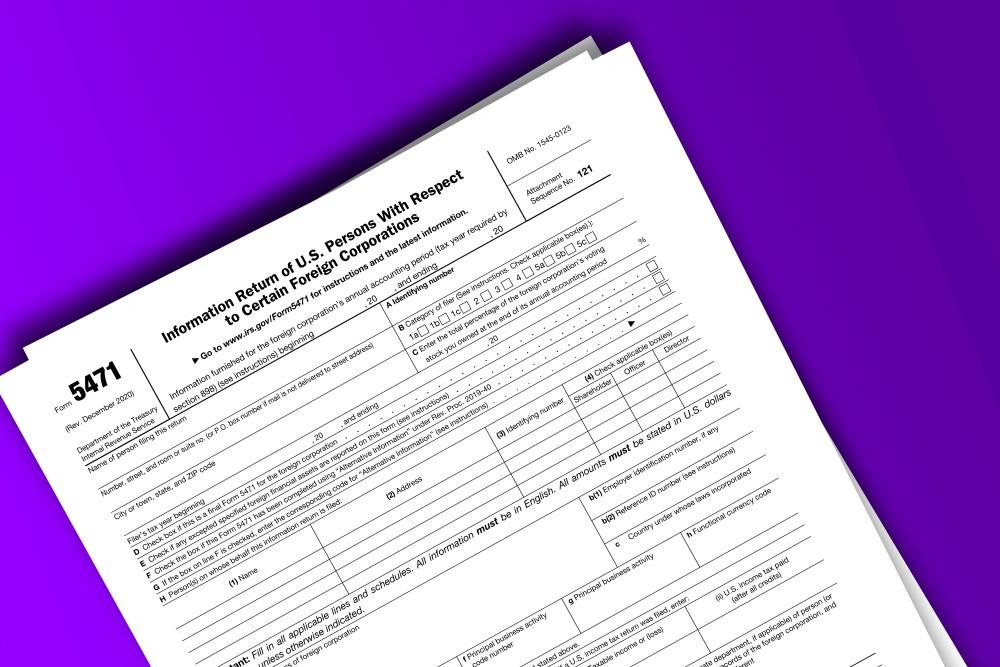
Now that tax season is over and many CPAs are "relaxing" by getting back to their regular 10-12 hour days (or hopefully taking some well-deserved vacation), I thought it was a great time to share an article published in the Journal of Accountancy entitled "10 situations when a CPA should call "timeout"" that essentially lays out a list of instances when CPAs might be in situation where calling in legal counsel is in their (and more importantly their client's) best interest. It's a well-written but somewhat long article, and it was published on April 13th, so I feel pretty confident that most CPAs didn't even notice it then because they were pretty busy to put it lightly. Here's a link to the article:http://www.journalofaccountancy.com/issues/2015/apr/when-tax-accountants-should-call-legal-counsel.html





